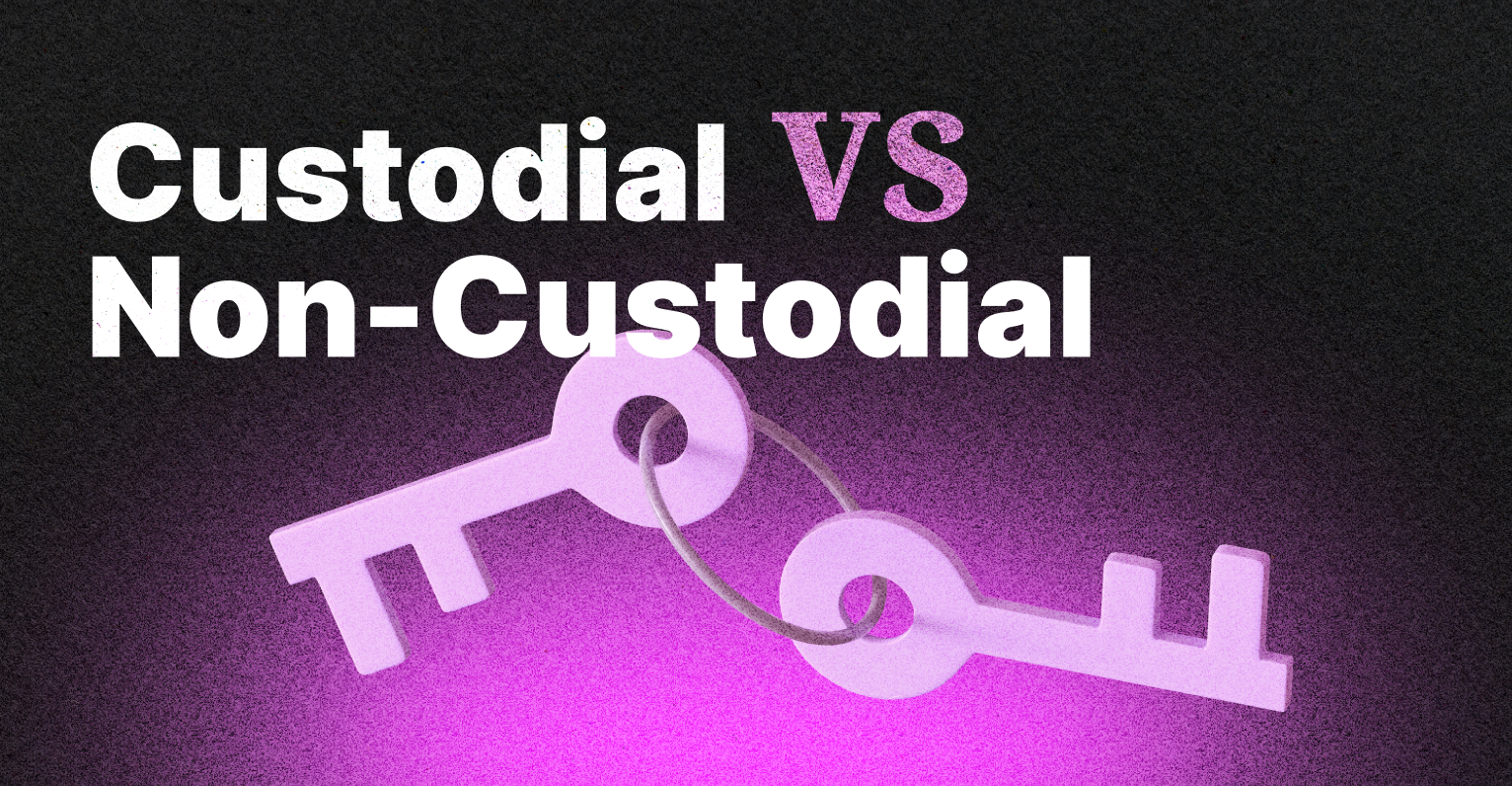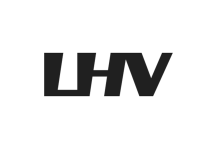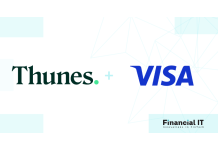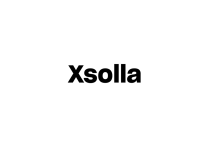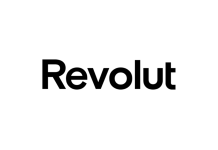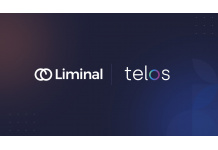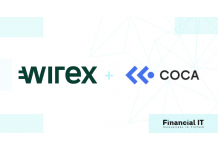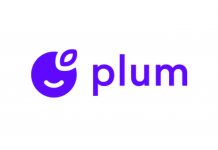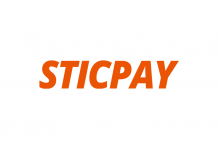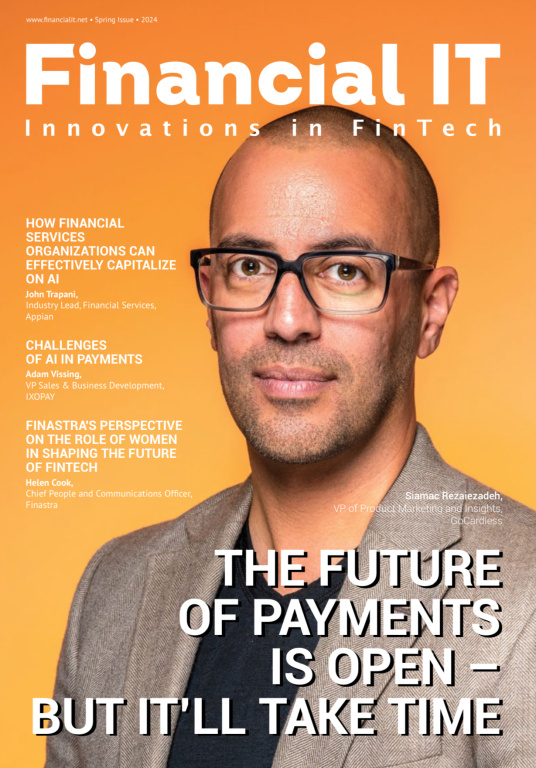Hargreaves Lansdown Adds LHV Bank Personal Savings...
- 25.03.2024 10:05 am
Thunes Announces Expanded Strategic Collaboration with...
- 21.03.2024 12:25 pm
Xsolla Debuts Xsolla Wallet, Empowering Creators...
- 08.03.2024 10:05 am
Fordefi Secures $10M and Launches Wallet-as-a-Service
- 14.02.2024 07:35 am
Visa Expands Its Digital Wallet Capabilities and...
- 12.02.2024 12:14 pm
Revolut Launches Mobile Wallets, Allowing for Faster...
- 24.01.2024 02:15 pm
Liminal Elevates Secure Custody and Asset Management...
- 15.01.2024 08:25 am
COCA and Wirex Unveil World's First MPC Wallet...
- 08.01.2024 03:45 pm
exactly. Seals Partnership with Apple Pay
- 03.01.2024 01:10 pm
PaymentComponents and Infosistema Facilitate Unicâmbio...
- 14.12.2023 12:25 pm
Plum Announces Strategic Partnership with Eurobank
- 30.11.2023 03:50 pm
Global e-wallet STICPAY Partners with Blockchain...
- 21.11.2023 10:40 am

